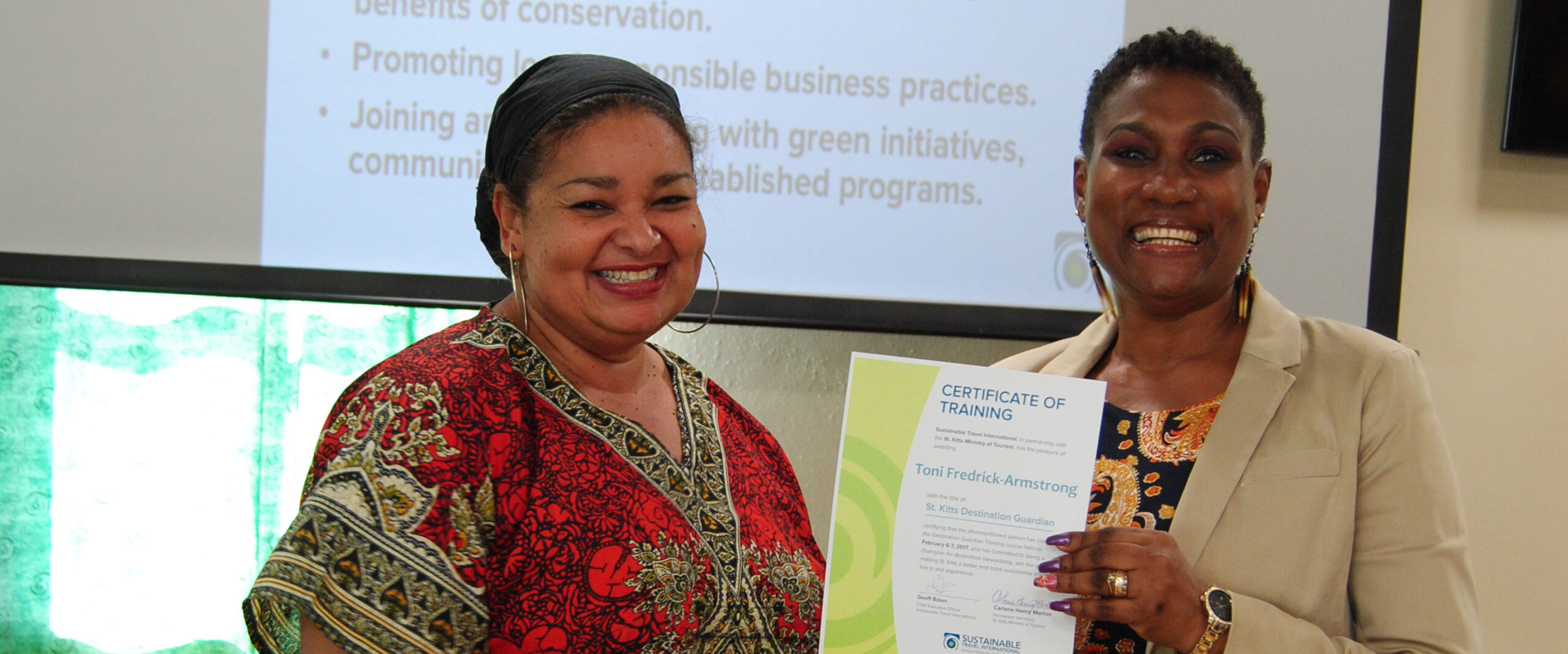
A collaborative training workshop that raises awareness around sustainable tourism and empowers Kittitians to act as Destination Guardians who take care of their island home. It Takes an Island In St. Kitts, tourism is everyone’s business. In 2018, the industry contributed more than 25% of the country’s GDP and supported...

Tourism is at a crossroads, facing the challenge of balancing growth with sustainability. Over the past two decades, the number of international tourist arrivals more than doubled, surpassing 1.4 billion in 2019. While this tourism boom promoted economic growth and personal fulfillment, it often came at the expense of the environment and...
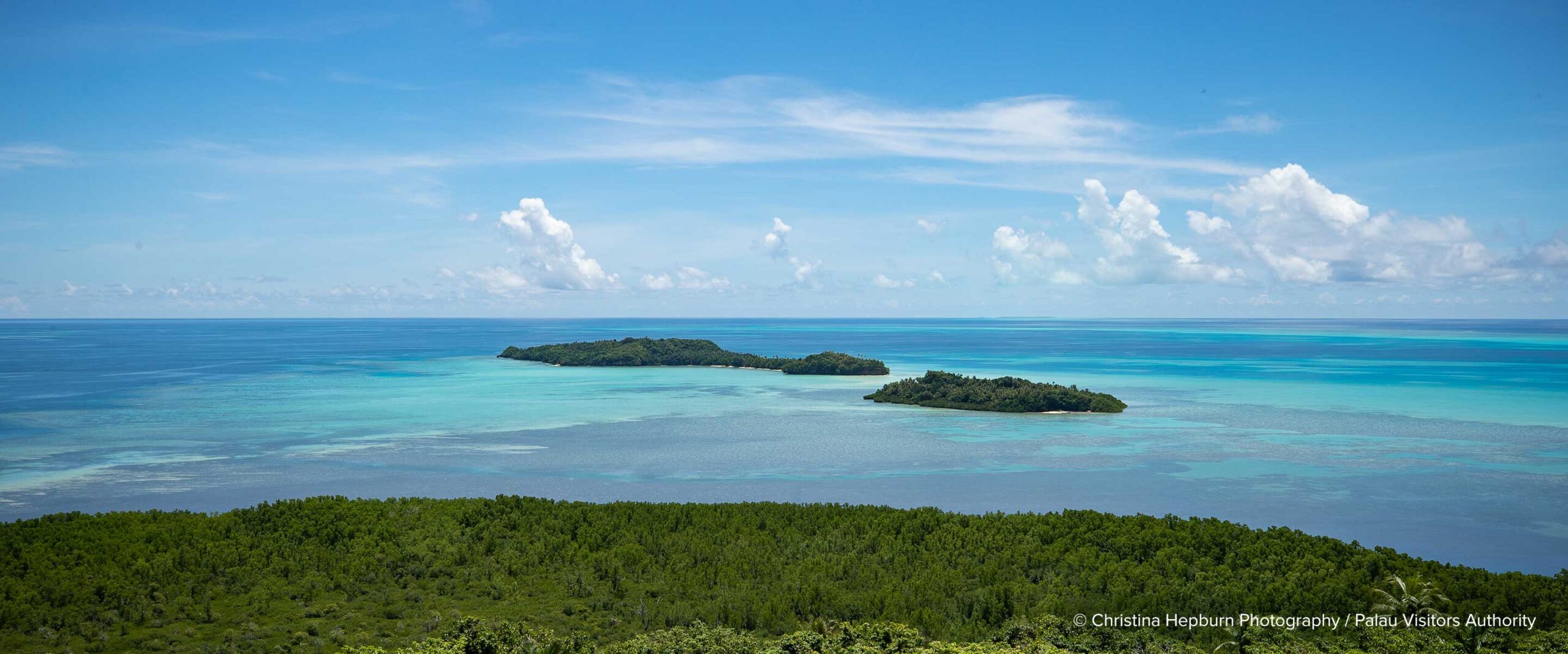
The Pacific Island nation of Palau is a tiny, yet remarkable country characterized by surreal landscapes, pristine seas, and a long cultural history. The archipelago is made up of more than 340 lush green islands jutting out from the glimmering ocean, only nine of which are inhabited. Remote and Secluded...
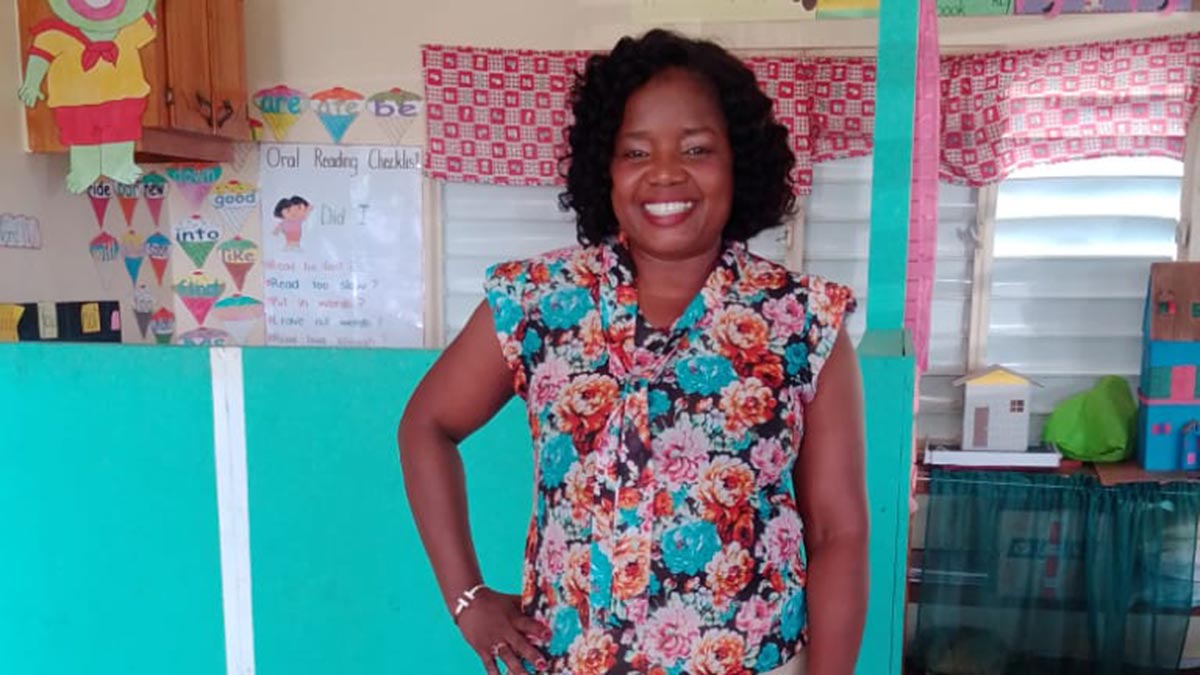
“If we want to change the culture then we have to start with the youth – the children are the future.” We caught up with Thuvia Browne, a primary school teacher based in St. Kitts who joined our two-day Destination Guardian workshop on the Caribbean island back in April 2019. During the workshop, participants learned about...
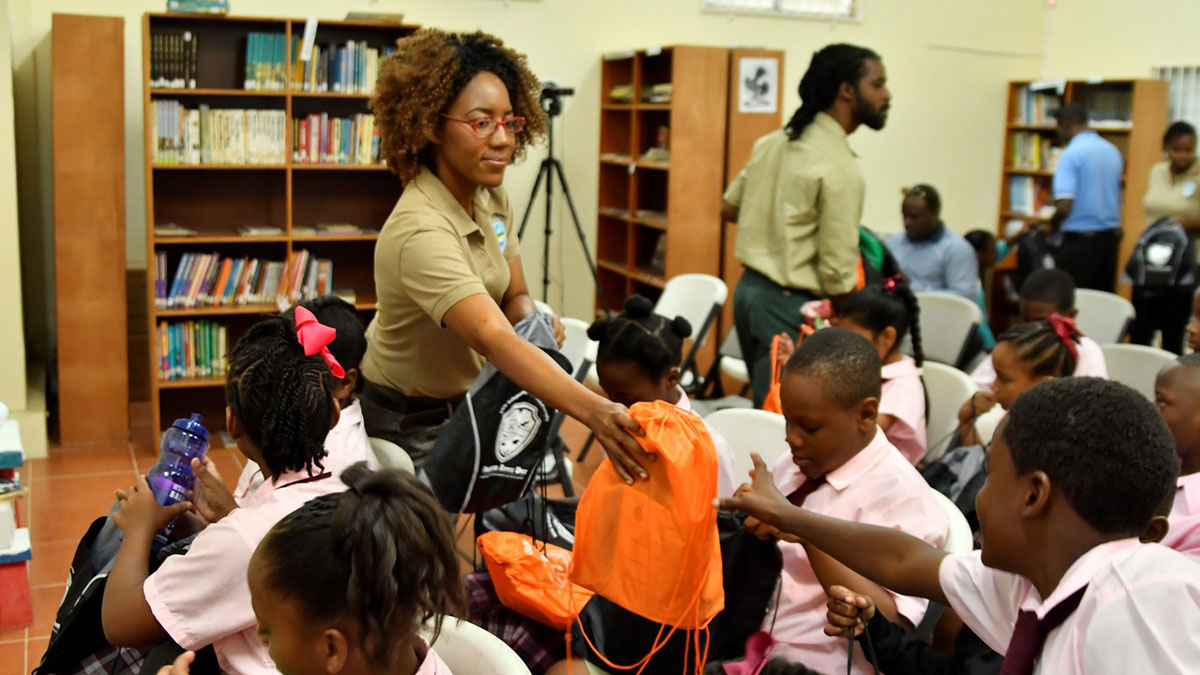
Earth Day may be one day out of the year, but it’s not the only day we should be taking action for the planet. That’s why today marks the first day of our bold new Net Zero Travel Challenge. We’re challenging our passionate community to neutralize their travel emissions and...
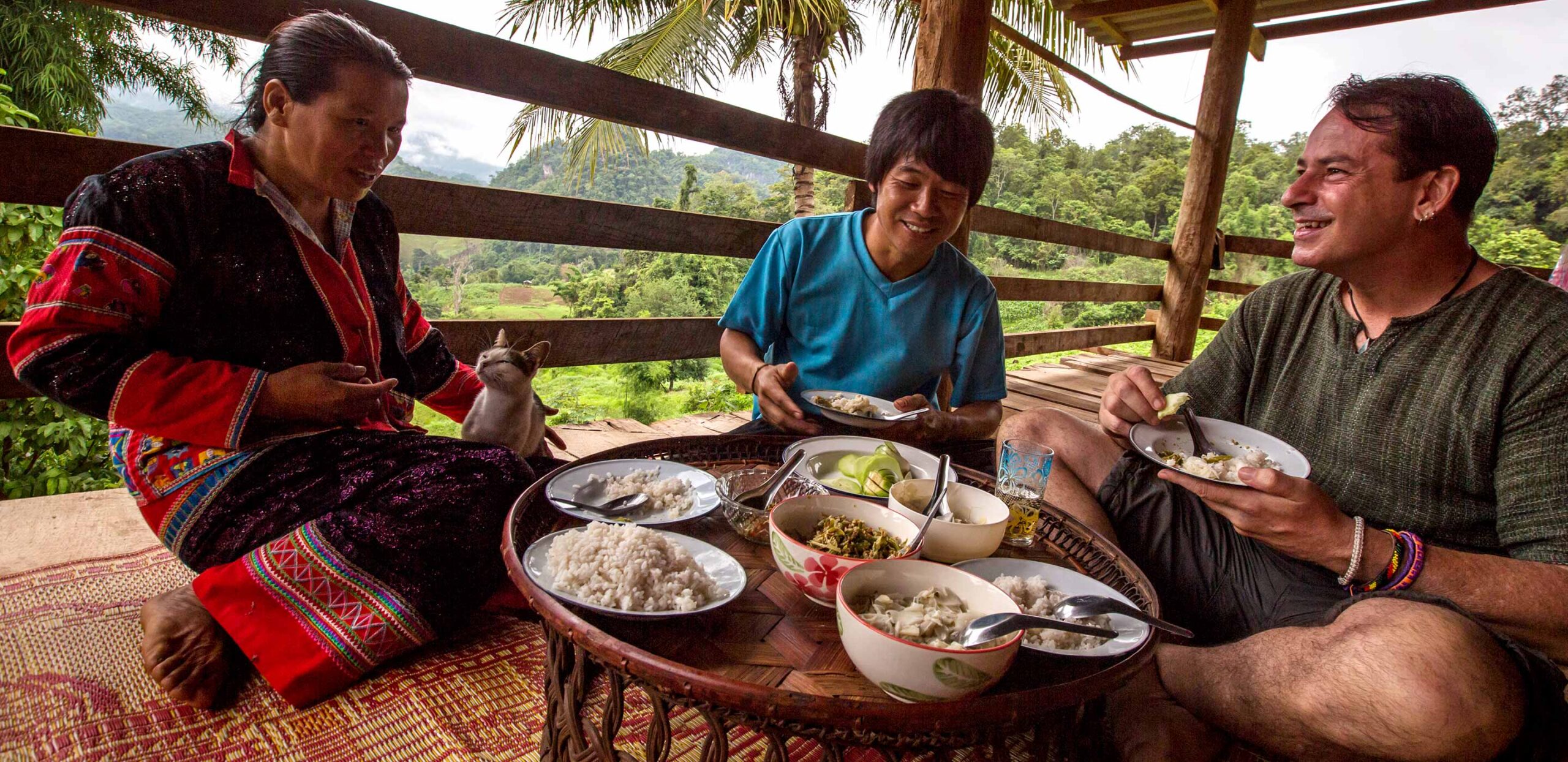
International tours can generate tremendous benefits for people around the world, but only if local communities are embedded throughout their supply chain. We developed a tour evaluation system to help one of the world’s largest adventure travel companies, G Adventures, evaluate and boost their local impact. Tourism’s Ripple Effect on...